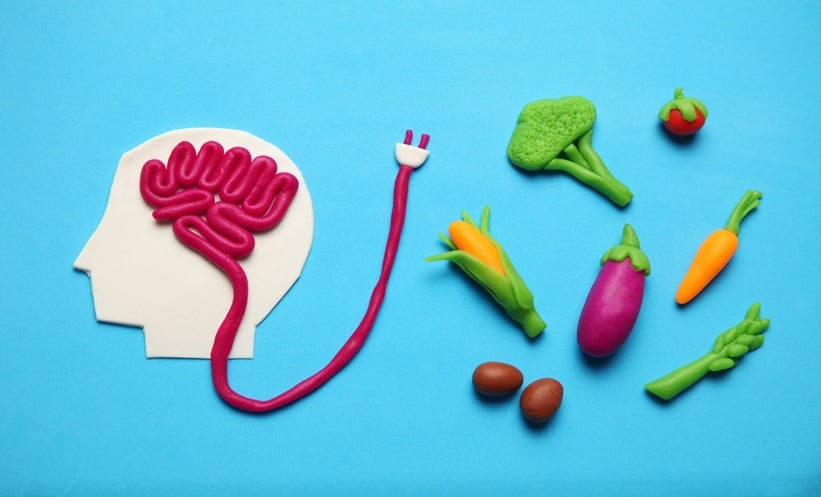The GREEN Mediterranean (Green-Med) diet , characterised by high levels of polyphenols from plants, may slow brain aging by helping regulate blood sugar levels, potentially preserving cognitive health in older adults. A recent 18-month brain-magnetic resonance imaging randomized controlled trial observed that lower blood sugar levels were associated with younger brain age, particularly in regions linked to memory and sensory processing. This finding highlights the impact of diet on brain health and introduces the Green-Med diet as a promising approach to mitigate age-related cognitive decline.
In this study, researchers used advanced MRI scans to track brain health changes in participants following three different diets: a standard diet, the Mediterranean (Med) diet, and the Green-Med diet, the latter being rich in polyphenols from Mankai, green tea, and reduced red meat intake. MRI measures such as hippocampal occupancy (HOC) were used as indicators of brain age, providing insight into age-related brain changes. The study analysed data from 284 participants (average age 51.1 years, mostly male), of whom 224 completed the trial with eligible MRI data. Results indicated that participants following the Green-Med diet showed a slower rate of brain atrophy than those on other diets, particularly among those with improved glycemic control. Statistical analyses revealed that improvements in HbA1c, a marker of long-term blood sugar, corresponded to changes in key brain regions such as the thalamus, caudate nucleus, and cerebellum, areas essential for memory and sensory processing. For those with better blood sugar control, the rate of brain aging slowed more significantly (β = –0.254, 95% CI: –0.392, –0.117), suggesting that glycemic control plays a role in brain health.
This research, part of the DIRECT PLUS Brain MRI trial led by Ben-Gurion University, provides critical insights for clinical practice. Maintaining blood sugar within a healthy range, potentially through dietary modifications like the Green-Med diet, may offer a practical approach to reduce cognitive decline in aging. The study suggests that the polyphenols in Mankai and green tea, known to cross the blood-brain barrier and reduce inflammation, may play an important role. Future research should focus on further elucidating these mechanisms and exploring additional lifestyle modifications to support brain health. Clinicians may consider recommending dietary strategies that promote glycemic control, as this may not only support metabolic health but also act as a protective factor against age-related neurological changes, offering a feasible approach to preserve cognitive function in aging populations.
Reference
Pachter D et al. Glycemic control contributes to the neuroprotective effects of Mediterranean and green-Mediterranean diets on brain age: the DIRECT PLUS brain-magnetic resonance imaging randomized controlled trial. Am J Clin Nutr. 2024;DOI:10.1016/j.ajcnut.2024.09.013.








